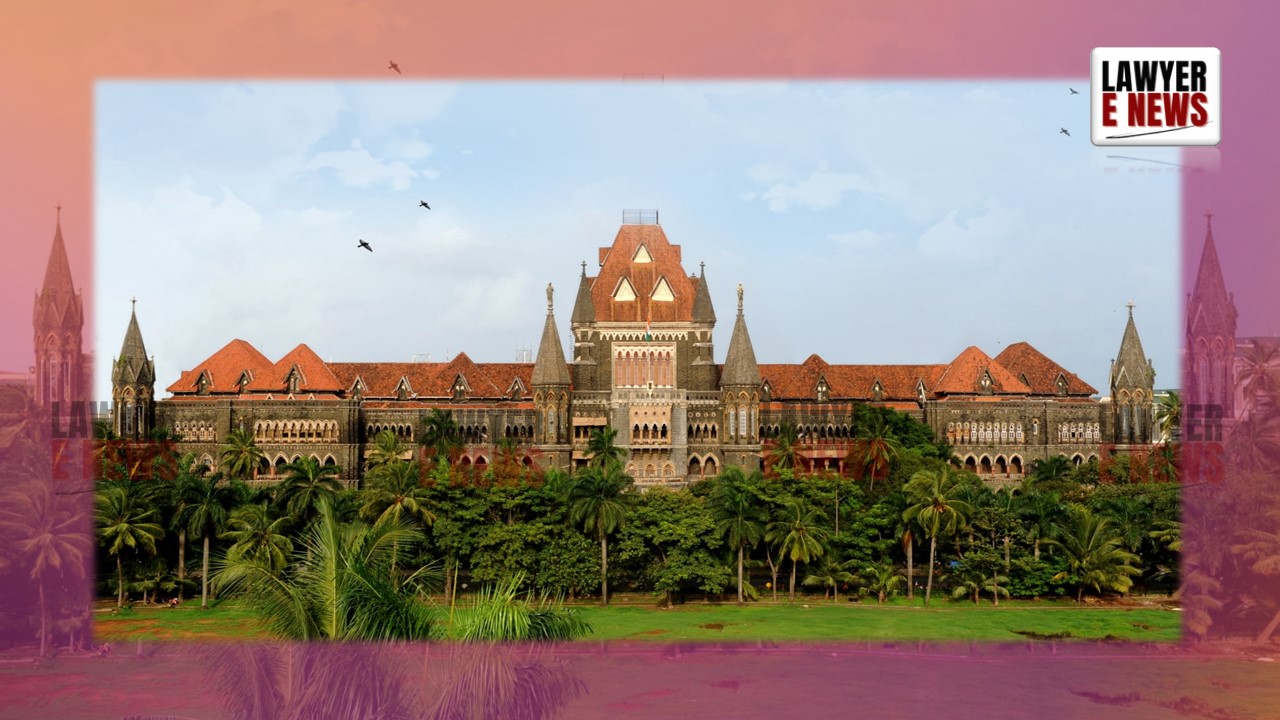-
by Admin
15 February 2026 5:35 AM



On November 21, 2024, the Bombay High Court in Gobindram Daryanumal Talreja & Ors. v. State of Maharashtra, Criminal Revision Application No. 559 of 2024, quashed charges of obstruction under Section 353 IPC against three advocates, finding no evidence of assault or criminal force. The Court observed that the prosecution’s case lacked prima facie merit, concluding that the invocation of the provision was an abuse of process and awarded costs to the applicants for their unjustified prosecution over 17 years.
"No Assault, No Obstruction, Only Words Exchanged"—Court on Misuse of Section 353 IPC
Justice Milind N. Jadhav held that the evidence presented failed to establish the essential ingredients of Section 353 IPC, which criminalizes assault or criminal force to deter a public servant from discharging their duty. Referring to the prosecution's statements, the Court remarked,
"All that happened between the parties is the exchange of mere words… There is no threat or assault made by any gestures or preparation."
The Court underscored the principle that mere words, without accompanying gestures or force, cannot constitute assault under Section 353 IPC, as defined by Section 351 IPC. This, coupled with the absence of evidence that the search was obstructed, formed the basis of the judgment.
The case originated in 2007 when the applicants—two advocates and a law intern—visited the premises of their client, Ms. Sonal Chitroda, during a CBI search operation. The CBI alleged that the applicants obstructed the search by refusing to leave and asking for the officers' identity cards. Based on these events, the applicants were charged under Section 353 read with Section 34 IPC for allegedly deterring public servants from their lawful duties.
The trial did not commence for 17 years, and the applicants faced significant professional and personal consequences during this period.
The Court examined the prosecution’s reliance on five identical witness statements from CBI officials. Justice Jadhav noted,
"There is absolutely no evidence whatsoever in the statements… that Applicants allegedly assaulted or used criminal force against the public servants."
Instead, the record only showed that the applicants had asked the officers to produce identity cards and cooperated fully when asked to leave with the police.
Citing the explanation to Section 353 IPC, the Court highlighted:
"Mere words do not amount to an assault, and in the absence of any threatening gesture or preparation, there is no foundation to sustain the charge."
Professional Conduct and Legal Duty of Advocates
The Court also stressed the professional obligation of advocates to assist their clients, particularly in situations like a prolonged search operation. The judgment stated:
"The presence of applicants at the office of their client was in fact completely in their professional capacity and cannot be alleged to have caused obstruction."
The Court observed that misuse of Section 353 IPC risks stigmatizing professionals performing their duties and recognized the substantial reputational harm suffered by the applicants.
Justice Jadhav characterized the prosecution as a case of "wounded ego" by the complainant, triggered when one of the applicants asked the CBI officer to show his identity card. The Court awarded costs of ₹15,000 to each applicant, directing the State to recover the amount from the complainant officer responsible for the charges.
The Court observed: "This is a classic case of abuse of powers exercised by the CBI Officers… The stigma attached to the applicants over 17 long years is a matter of grave concern."
The Bombay High Court's judgment is a stern reminder against the casual invocation of criminal charges without substantial basis. By quashing the proceedings and awarding costs, the Court reasserted the duty of law enforcement to act judiciously and the obligation of the judiciary to protect individuals from the misuse of criminal law.
Date of Decision: November 21, 2024
